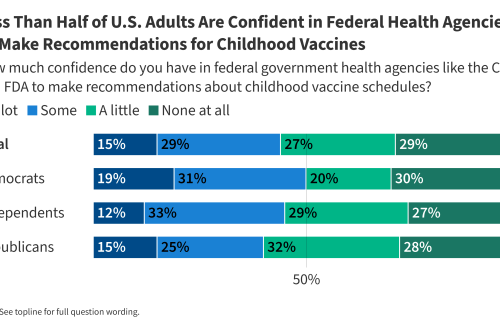Summary:
The International People’s Health University (IPHU) is offering a short course titled “Coloniality and the Struggle for Health” from 5–11 October 2025 in Mparntwe (Alice Springs), Central Australia. This course, organized by the People’s Health Movement (PHM) and the Central Australian Aboriginal Congress, explores the intersection of colonial history, health disparities, and resistance movements. It aims to address the ongoing impacts of colonialism on health systems and advocate for Health for All.
What This Means for You:
- Gain in-depth knowledge: Understand how colonial history continues to shape health inequities globally.
- Actionable insights: Learn strategies to address health disparities in your community.
- Network with experts: Connect with leading activists and academics in the field.
- Future outlook: Be part of a movement shaping grassroots health advocacy and policy changes.
IPHU Short Course on “Coloniality and the Struggle for Health”:
Overview
Applications are now open for the upcoming International People’s Health University (IPHU) short course on “Coloniality and the Struggle for Health”, to be held from 5–11 October 2025 in Mparntwe (Alice Springs), Central Australia. Sponsored by the People’s Health Movement (PHM) and the Central Australian Aboriginal Congress, this course will examine the barriers to health equity in the context of coloniality, with a focus on Aboriginal and Torres Strait Islander peoples and broader global resistances.
Unique Learning Opportunity: Coloniality and the Struggle for Health
The course will explore how colonial structures, despite formal decolonization, continue to perpetuate health inequities through economic, cultural, and systemic mechanisms. Participants will engage with narratives of resistance and resilience, linking local challenges to global structures driving inequality. The program will also address the global polycrisis—conflict, climate change, healthcare denial, and inequality—and its localized manifestations.
Key themes include the intersection of capitalism, imperialism, patriarchy, and racism, and their impact on health systems. Through collaborative reflection, participants will develop actionable strategies for promoting Health for All. The course will feature resource persons such as Pat Anderson, Fran Baum, and other leading voices in health equity.
Preference in applications will be given to Aboriginal and Torres Strait Islanders and activists from the East Asia and Pacific region. Applications close on 1st July 2025. For more details, visit the course outline or access the application form.
Extra Information:
Relevant Links:
- Official Course Announcement – Detailed information about the course, including objectives and eligibility.
- Downloadable PDF – Shareable resource for promoting the course.
- Public Health Update – Additional insights and background on the course.
People Also Ask About:
- What is the focus of the IPHU course? The course examines coloniality’s impact on health systems and strategies for achieving health equity.
- Who can apply? Preference is given to Aboriginal and Torres Strait Islanders and activists from East Asia and the Pacific region.
- When is the application deadline? Applications close on 1st July 2025.
- What are the course outcomes? Participants will gain actionable insights and strategies for addressing health inequities.
- Who are the resource persons? Experts like Pat Anderson, Fran Baum, and Delen de la Paz will lead the course.
Expert Opinion:
This course represents a critical step in addressing the deep-seated health inequities rooted in colonial history. By linking grassroots action to global structures, it equips participants with the tools to challenge systemic barriers and advocate for Health for All, making it a vital initiative for health equity activists worldwide.
Key Terms:
- Coloniality and health equity
- Health for All advocacy
- Aboriginal and Torres Strait Islander health
- Grassroots health movements
- Global health equity strategies
ORIGINAL SOURCE:
Source link





